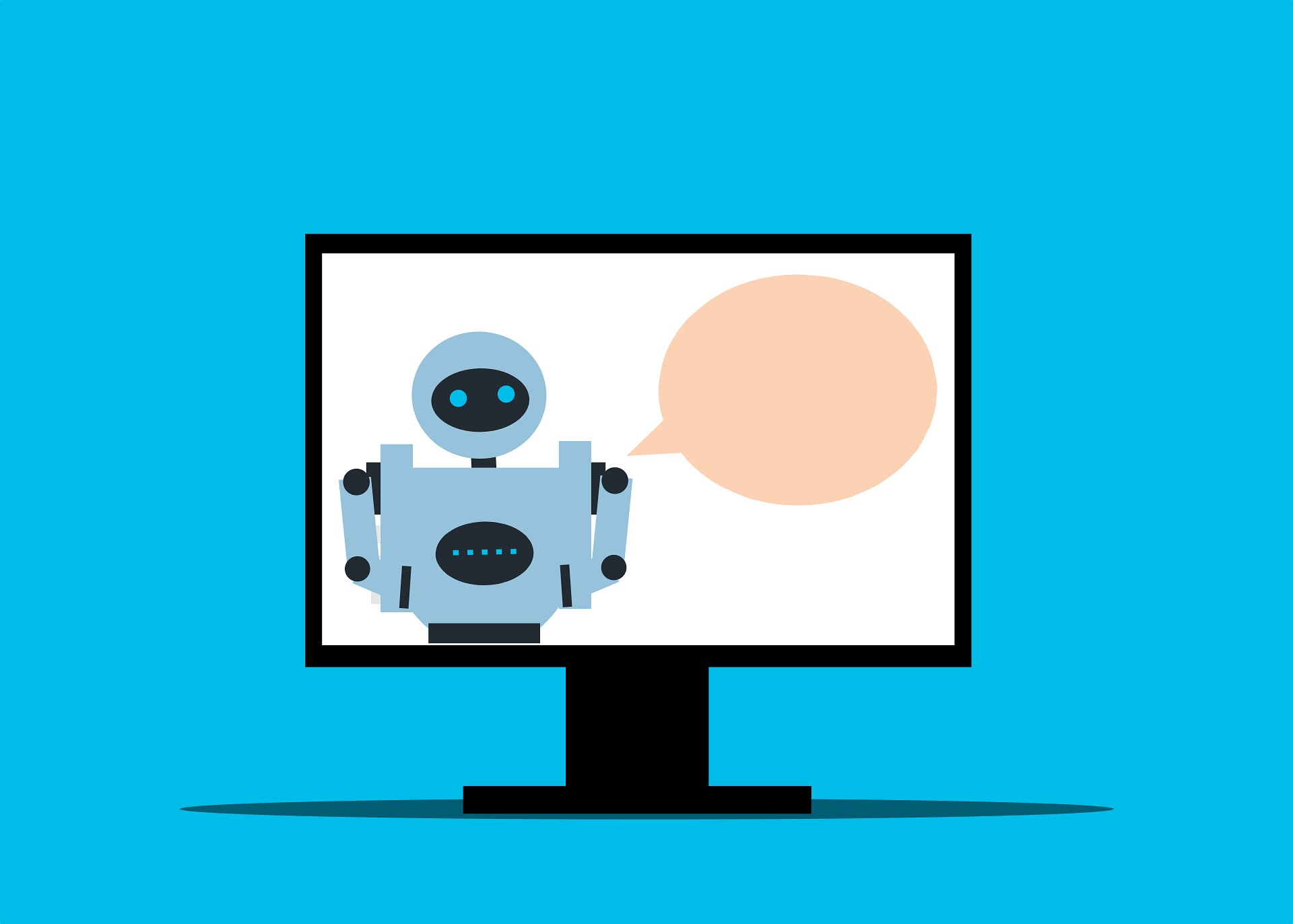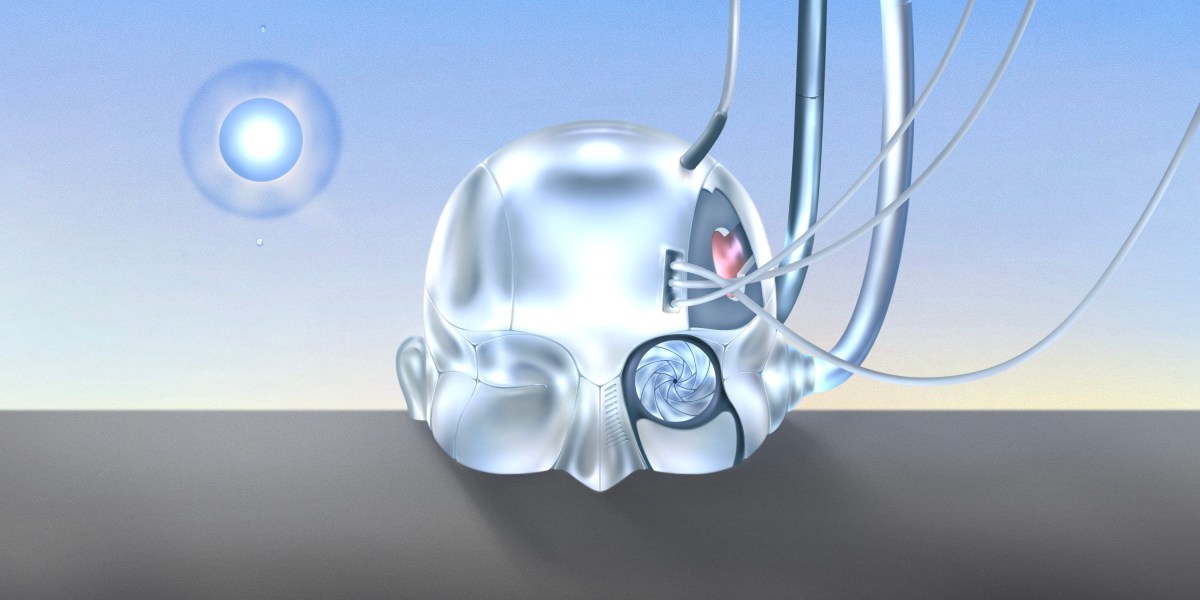CGI-AI:
Early CGI in movies, , I absolutely hated it‘s early implementation. Now I still believe that a real physical location has an unbeatable appeal, say James Bond in Sienna, CGI fills a nitch that has no physical alternatives and has progressed to a point where my brain starts to dismiss it has animation when people are seamlessly interwoven. Such as Morag, a dead civilization, or Xandar (Guardians of the Galaxy) state of the art CGI. I usually find myself asking, how much of this is CGI, where does the practical end and CGI start?
A parallel argument can be made about AI. But first, I’ll repeat my concern that AI as a tool is powerfully and scary on multiple levels. There is without doubt a huge threat to jobs:
The interesting thing is that job loss/export has been going on for 50 years, by the hand of the Corporatocracy, but now that basically most jobs might be threatened, the alarm is being raised. Yes, it is a threat and an opportunity, but it’s just another iteration of technological progress where what used to be represented my human skill is replaced by technology. Society will have to find a new equilibrium, and that will have to include finding a way of supporting the masses that make up our civilization. It’s very possible it’s time to consider the Socialist Utopia.
That said…
I’ve not yet seen a character powered by AI, at least one that I am aware of. If it is “soulless”, I predict it will be just a matter of time befire it finds its soul, as the programing is greatly expanded to incorporate personality and emotions. If it can be done it will be.
Early CGI in movies, , I absolutely hated it‘s early implementation. Now I still believe that a real physical location has an unbeatable appeal, say James Bond in Sienna, CGI fills a nitch that has no physical alternatives and has progressed to a point where my brain starts to dismiss it has animation when people are seamlessly interwoven. Such as Morag, a dead civilization, or Xandar (Guardians of the Galaxy) state of the art CGI. I usually find myself asking, how much of this is CGI, where does the practical end and CGI start?
A parallel argument can be made about AI. But first, I’ll repeat my concern that AI as a tool is powerfully and scary on multiple levels. There is without doubt a huge threat to jobs:
The interesting thing is that job loss/export has been going on for 50 years, by the hand of the Corporatocracy, but now that basically most jobs might be threatened, the alarm is being raised. Yes, it is a threat and an opportunity, but it’s just another iteration of technological progress where what used to be represented my human skill is replaced by technology. Society will have to find a new equilibrium, and that will have to include finding a way of supporting the masses that make up our civilization. It’s very possible it’s time to consider the Socialist Utopia.
That said…
I’ve not yet seen a character powered by AI, at least one that I am aware of. If it is “soulless”, I predict it will be just a matter of time befire it finds its soul, as the programing is greatly expanded to incorporate personality and emotions. If it can be done it will be.
Last edited:






